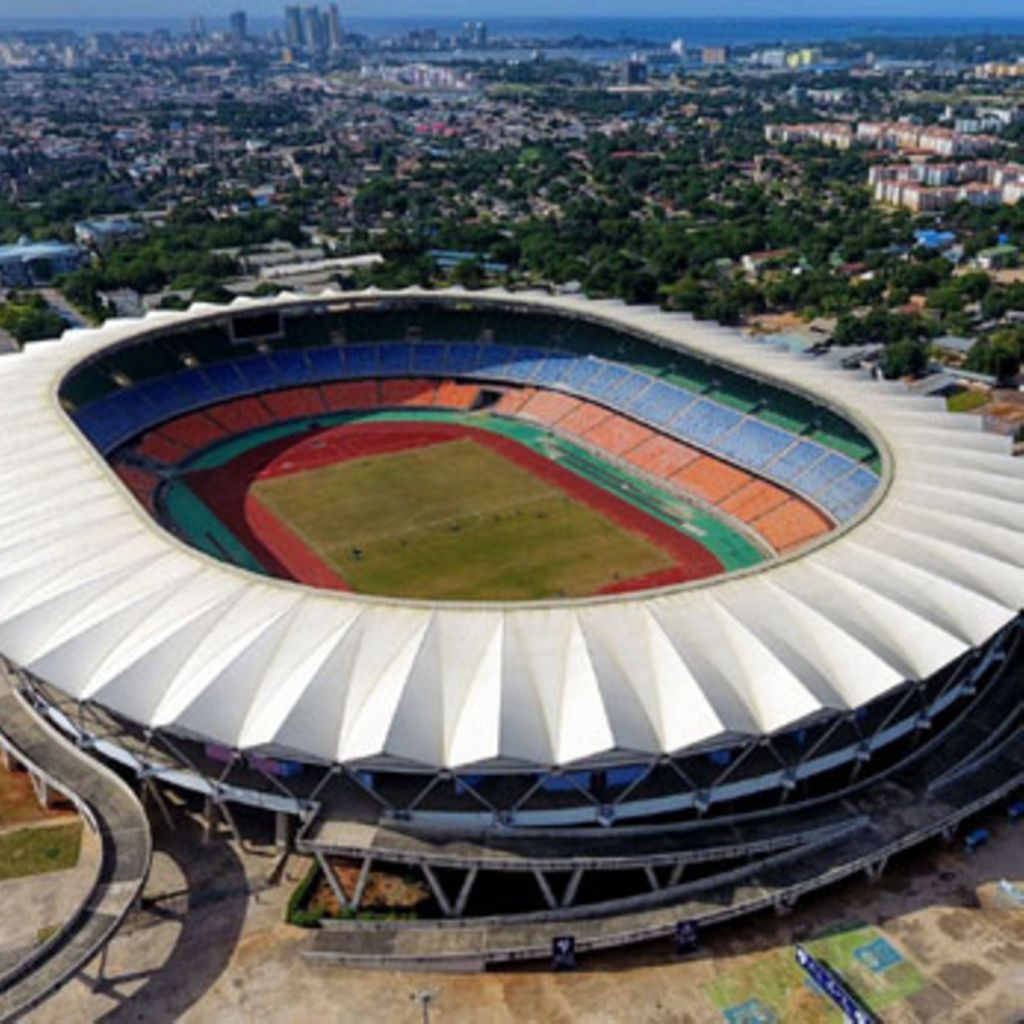
The Confederation of African Football (CAF) confirmed on Thursday that it had received a joint bid from Uganda, Kenya, and Tanzania to host the 2027 Africa Cup of Nations (AFCON), the continent’s biggest football event that takes place every two years.
Uganda’s Football Federation Association President, Moses Magogo, has been leading the charge for cooperation between the three East African countries to host the event in their region since early 2022.
This aspiration gained momentum in July of the same year, when CAF President Dr. Patrice Motsepe, on a two-day visit to Uganda, encouraged Uganda and Tanzania to bid to co-host AFCON and offered his endorsement.

However, the primary question that arises is whether the three countries possess the necessary capacity to host such a grand event in just four years, given the current infrastructure hurdles within their borders that threaten to jeopardize the bid.
Inadequate stadium infrastructure has long plagued many East African nations, and as a result, many have been forced to host their continental matches in foreign territories.
On Tuesday, Uganda’s FA announced that they had no choice but to designate Cameroon as the host nation for their upcoming AFCON qualifying fixture against Algeria, as the Namboole Stadium, the Uganda Cranes’ home ground, is presently undergoing renovation and will not be completed by June 2023, as initially promised by the country’s Sports Minister.
Uganda has had no CAF-approved stadium for nearly three years since Namboole was blacklisted in 2020 for being substandard, and CAF inspectors recommended an overhaul.
To date, the country has not been able to complete the renovation valued at 97 billion shillings. Of the three East African nations that submitted the joint bid, Tanzania is the only country with a CAF-approved stadium, casting doubt on the bid submitted by Uganda, Kenya, and Tanzania to compete with Egypt, which has more than five CAF-approved stadiums.

However, Moses Magogo, who is also a CAF Executive member, has often said that CAF does not base its decisions on a country’s current infrastructure but rather on the country’s plans to fulfill the requirements for hosting the tournament before the actual dates, as well as the commitment of the respective governments of the interested countries.
While asking for Parliament’s support earlier last week, Magogo further argued that submitting the bid would lead to an automatic enhancement of sports infrastructure, as this would form part of the conditions for hosting the event.
“When we host, the issues we are discussing of infrastructure will automatically be solved because there will be a requirement for us to improve on the infrastructure that we have,” Magogo said.
On Wednesday, Kenyan Sports Minister Ababu Namwamba told journalists that Kenya would construct new high-class stadiums or renovate existing ones to meet international standards.

According to CAF, the minimum requirement for hosting the tournament is that the host should have six stadiums to cater to the 24 teams that take part in the tournament. In addition, CAF established that one of the two stadiums should have two 40,000-capacity stadiums, two 20,000-seater stadiums, and two with a capacity of 15,000.
Kenya nearly hosted the tournament in 1996, but it lost the opportunity due to its inability to fulfill requirements from the continental football governing body.
In East Africa, only two countries have hosted the tournament; Sudan staged the first edition of the tournament in 1957 and again in 1970, while Ethiopia was the host in 1962, 1968, and 1976.
If East Africa wins the bid, it will bring the continental showpiece to the region for the first time in half a century. CAF set the deadline for member associations to submit their final bid, including all bidding and hosting documents such as the hosting agreement, host cities agreement, and government guarantees among others.






